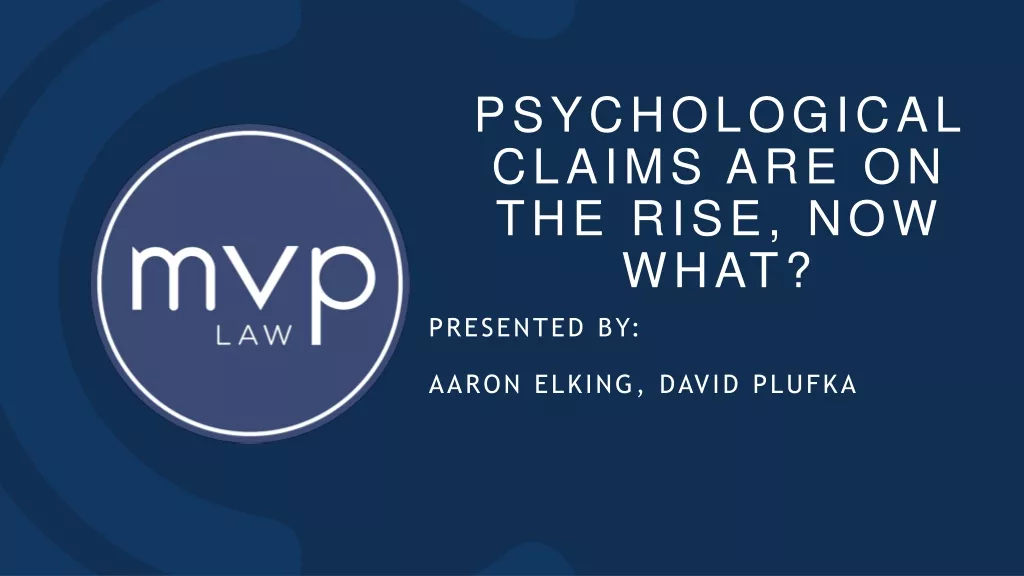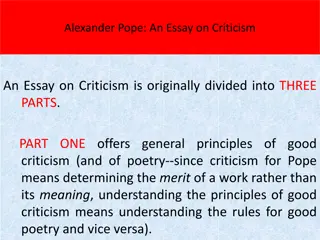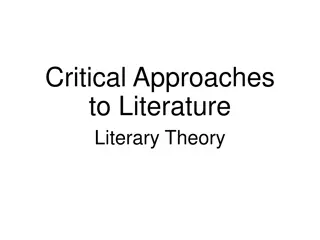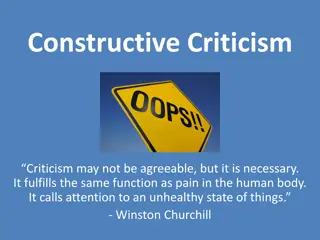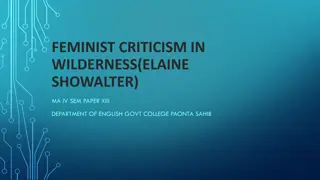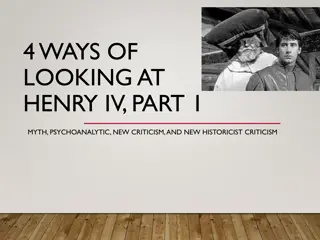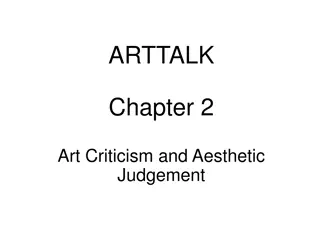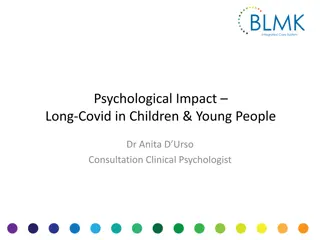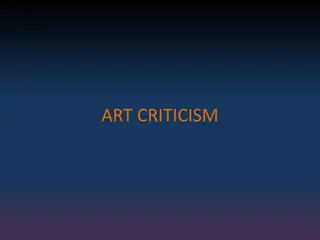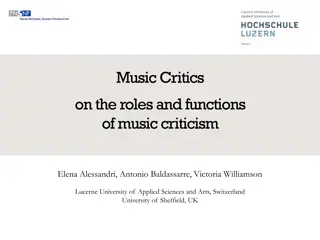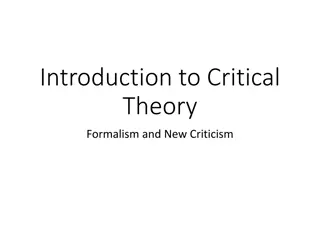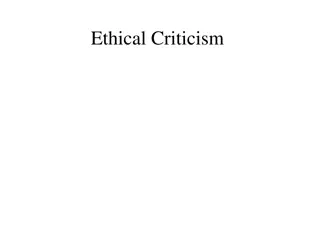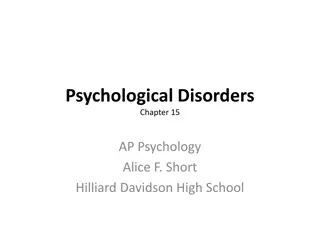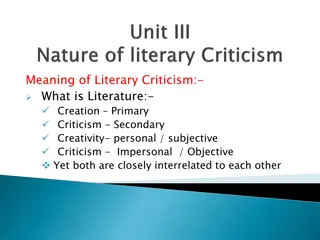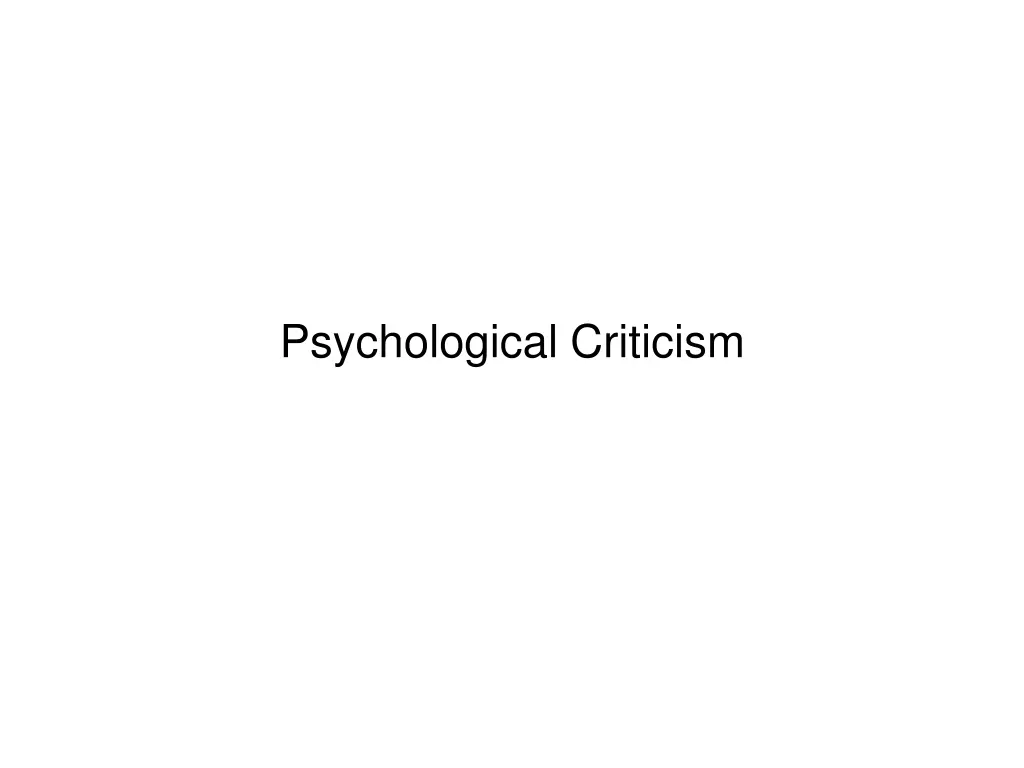
Understanding Psychological Criticism in Literary Analysis
Explore how psychological criticism offers insights into literary works by examining symbols, character motivations, and author backgrounds through a psychological lens. Learn how critics delve into the psychology of narratives to uncover hidden meanings and motivations, while being cautious not to project personal issues onto works during analysis.
Download Presentation

Please find below an Image/Link to download the presentation.
The content on the website is provided AS IS for your information and personal use only. It may not be sold, licensed, or shared on other websites without obtaining consent from the author. If you encounter any issues during the download, it is possible that the publisher has removed the file from their server.
You are allowed to download the files provided on this website for personal or commercial use, subject to the condition that they are used lawfully. All files are the property of their respective owners.
The content on the website is provided AS IS for your information and personal use only. It may not be sold, licensed, or shared on other websites without obtaining consent from the author.
E N D
Presentation Transcript
Psychological criticism is an approach to literary criticism that interprets writings, authors, and readers through a psychological lens.
looking at psychology in the narrative itself as well as in the author. Reader responses can also be evaluated from this standpoint to learn more about how people respond to works of literature.
In this form of literary criticism, critics think about the symbols in the work and what they might mean. They also evaluate the psychological state of the characters, and examine their motivations and actions with an understanding of psychology in mind. Taking an example like a horror story where the narrator kills his mother, the critic might look to the character s past to understand why he committed matricide(killing of one s mother). At the same time, this criticism can explore matricide as a literary theme and may explore the author s own history to determine why he or she chose to tell that particular story.
It is also important to avoid projecting personal psychological issues onto works in analysis. When considering the history of the author, critics must be careful to avoid attributing incorrect motivations to authors, and they may also want to consider how knowing about an author s past might affect the reading of a story. Being aware that an author had survived a violent crime, for example, might cause someone to read a story about vengeance or violence very differently.
Note: literary critics who use this approach may publish research papers and essays discussing various works and potential psychological interpretations. They can also debate various theories and their merits with each other to come to a deeper understanding of specific works with complex psychological themes.
Psychoanalytic criticism adopts the methods of "reading" employed by Freud and later theorists to interpret texts. It argues that literary texts, like dreams, express the secret unconscious desires and anxieties of the author, that a literary work is a manifestation of the author's own neuroses or phobia. One may psychoanalyze a particular character within a literary work, but it is usually assumed that all such characters are show of the author's psyche.

